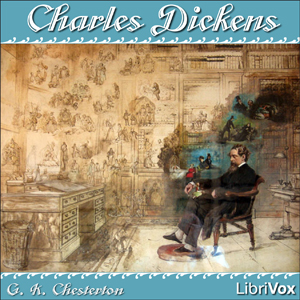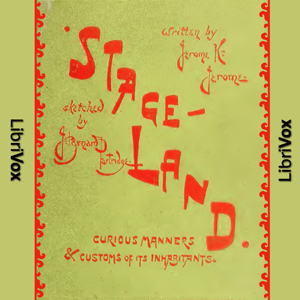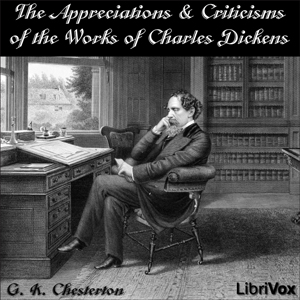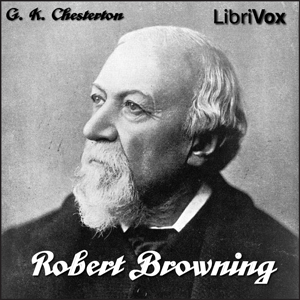- History: General Introduction, by Robert Matteson Johnston
- Ancient History by William Scott Ferguson
- The Renaissance, by Murray Anthony Potter
- The French Revolution, by Robert Matteson Johnston
- The Territorial Development of the United States, by Frederick Jackson Turner
- Poetry: General Introduction, by Carleton Noyes
- Homer and the Epic, by Charles Burton Gulick
- Dante, by Charles Hall Grandgent
- The Poems of John Milton, by Ernest Bernbaum
- The English Anthology, by Carleton Noyes
- Natural Science: General Introduction, by Lawrence Joseph Henderson
- Astronomy, by Lawrence Joseph Henderson
- Physics and Chemistry, by Lawrence Joseph Henderson
- The Biological Sciences, by Lawrence Joseph Henderson
- Kelvin on "Light" and "The Tides", by William Morris Davis
- Philosophy: General Introduction, by Ralph Barton Perry
- Socrates, Plato and the Roman Stoics, by Charles Pomeroy Parker
- The Rise of Modern Philosophy, by Ralph Barton Perry
- Introduction to Kant, by Ralph Barton Perry
- Emerson, by Chester Noyes Greenough
- Biography: General Introduction, by William Roscoe Thayer
- Plutarch, by William Scott Ferguson
- Benvenuto Cellini, by Chandler Rathfon Post
- Franklin and Woolman, by Chester Noyes Greenough
- John Stuart Mill, by Oliver Mitchell Wentworth Sprague
- Prose Fiction: General Introduction, by William Allan Neilson
- Popular Prose Fiction, by Fred Norris Robinson
- Malory, by Gustavus Howard Maynadier
- Cervantes, by J. D. M. Ford
- Manzoni, by J. D. M. Ford
- Criticism and the Essay: General Introduction, by Bliss Perry
- What the Middle Ages Read, by William Allan Neilson
- Theories of Poetry, by Bliss Perry
- Æsthetic Criticism in Germany, by William Guild Howard
- The Composition of a Criticism, by Ernest Bernbaum
- Education: General Introduction, by Henry Wyman Holmes
- Francis Bacon, by Ernest Bernbaum
- Locke and Milton, by Henry Wyman Holmes
- Carlyle and Newman, by Frank W. C. Hersey
- Huxley on Science and Culture, by A. O. Norton
- Political Science: General Introduction, by Thomas Nixon Carver
- Theories of Government in the Renaissance, by Oliver Mitchell Wentworth Sprague
- Adam Smith and the "Wealth of Nations", by Charles Jesse Bullock
- The Growth of the American Constitution, by William Bennett Munro
- Law and Liberty, by Roscoe Pound
- Drama: General Introduction, by George Pierce Baker
- Greek Tragedy, by Charles Burton Gulick
- The Elizabethan Drama, by William Allan Neilson
- The Faust Legend, by Kuno Francke
- The Modern English Drama, by Ernest Bernbaum
- Voyages and Travel: General Introduction, by Roland Burrage Dixon
- Herodotus on Egypt, by George H. Chase
- The Elizabethan Adventurers, by William Allan Neilson
- The Era of Discovery, by William Bennett Munro
- Darwin's Voyage of the Beagle, by George Howard Parker
- Religion: General Introduction, by Ralph Barton Perry
- Buddhism, by Charles Rockwell Lanman
- Confucianism, by Alfred Dwight Sheffield
- Greek Religion, by Clifford Herschel Moore
- Pascal, by Charles Henry Conrad Wright
The Lecture Series on the contents of The Harvard Classics ought to do much to open that collection of literary materials to many ambitious young men and women whose education was cut short by the necessity of contributing in early life to the family earnings, or of supporting themselves, "and who must therefore reach the standing of a cultivated man or woman through the pleasurable devotion of a few minutes a day through many years to the reading of good literature" (Introduction to The Harvard Classics.)
The Series will also assist many readers to cultivate "a taste for serious reading of the highest quality outside of The Harvard Classics as well as within them." (Ibid.) It will certainly promote the accomplishment of the educational object I had in mind when I made the collection. - Summary by Charles William Eliot
The Series will also assist many readers to cultivate "a taste for serious reading of the highest quality outside of The Harvard Classics as well as within them." (Ibid.) It will certainly promote the accomplishment of the educational object I had in mind when I made the collection. - Summary by Charles William Eliot
There are no reviews for this eBook.
There are no comments for this eBook.
You must log in to post a comment.
Log in











